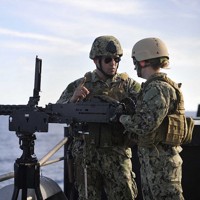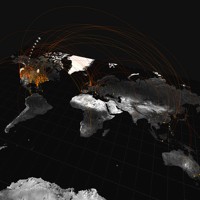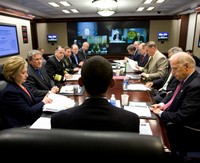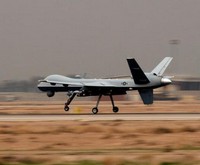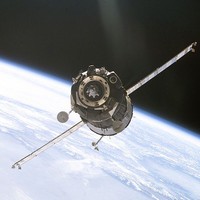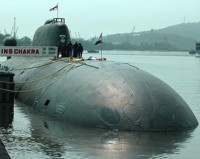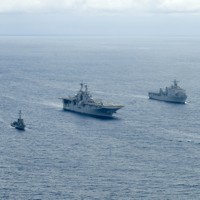
U.S. Defense Secretary Leon Panetta made news this weekend when he announced that the U.S. Navy would move the bulk of its fleet to the Pacific in coming years as part of the Obama administration’s military rebalancing program. But the declaration should have come as no surprise, as the Pentagon has been increasing the share of its assets in the Pacific for several years already. Panetta was attending the 11th International Institute of Strategic Studies (IISS) Asia Security Summit, widely known as the Shangri-La Dialogue, in Singapore. In his speech, Panetta emphasized that the United States, after a decade of […]

